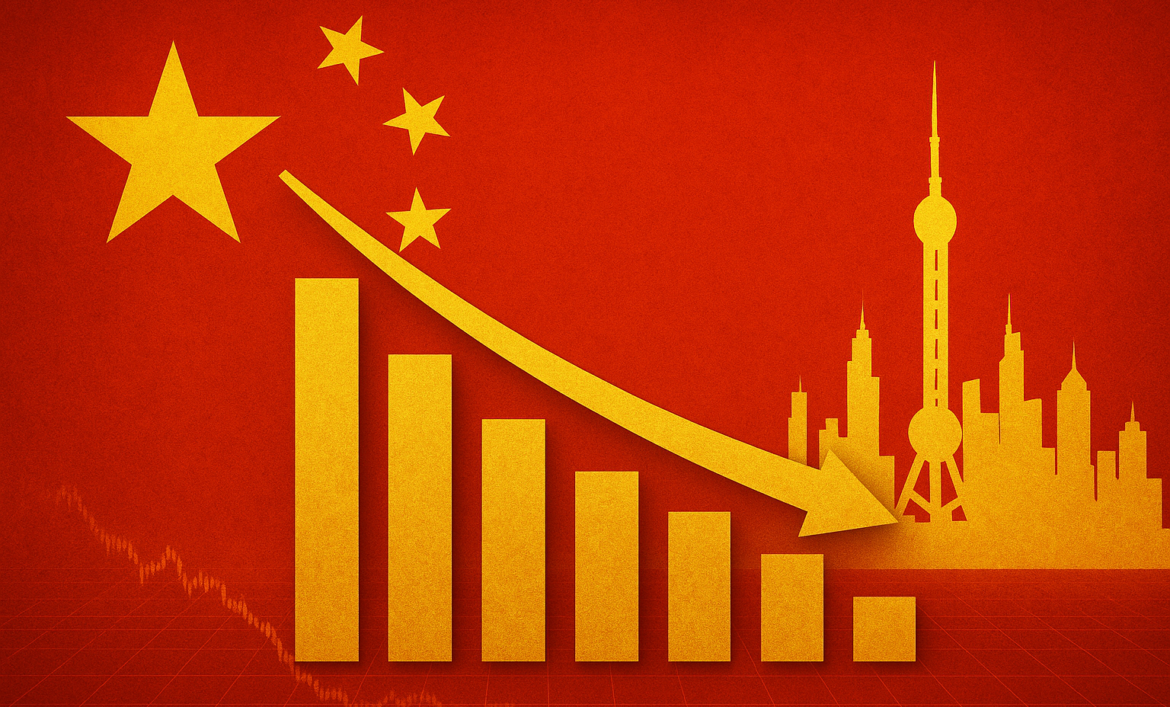Before Deng Xiaoping’s reforms in 1978, the Chinese economy was stagnant, isolated, and plagued with poverty. With the reforms, the Chinese government introduced market-oriented policies that opened the economy to foreign trade and investments.
The reforms marked a significant shift from the country’s previously centralized and controlled economic system, in which the government controlled all the factors of production. As a result of the reforms, the system was decentralized and deregulated, while the introduction of profit incentives led to a surge in productivity within the country.
Based on the reforms, China’s economic growth rate accelerated to an average of 9% per annum over the next forty years making it virtually the fastest-growing economy in the world for decades. With China’s highly skilled and abundant cheap labour, they attracted a lot of foreign investors who built factories in China to take advantage of their cheap and highly skilled workforce which led China to become the world’s biggest manufacturing country.
While the obvious gain from these activities was increased income flow to the Chinese people, they gained a lot more through technology transfer and human capital development which laid the foundation for China’s enduring and sustainable economic growth. The phenomenal Chinese economic growth rate also led to a near elimination of poverty in China with the poverty rate reduced to less than 1% in 2022 from 88% in 1978 when the reforms began while over 850 million Chinese were lifted out of poverty in the process.
China’s economic growth rate was so rapid that it was tipped to overtake the United States as the world’s biggest economy by 2028. However, the projection is no longer realistic as the Chinese economy is currently facing unprecedented economic challenges and the country’s growth rate has slowed significantly. Experts now believe that the Chinese economy has peaked and warn of a potentially long-term decline due to the following reasons:
*Demographic Crisis: China’s shrinking labour force, due to its aging population and declining birth rates, threatens to reduce economic growth.
*Debt Levels: China’s staggering debt, estimated at over 300% of GDP, poses significant risks to financial stability.
*Real Estate Market Woes: The struggling property sector, accounting for nearly 30% of GDP, has led to reduced investment and consumption.
*Productivity Slowdown: China’s productivity growth has decelerated, hindering innovation and competitiveness.
*Regulatory Crackdown: Government interventions in key sectors, such as technology and education, have dampened entrepreneurial spirit.
*Trade wars: Owing to China’s practice of shielding foreign companies from their market, some western countries led by America have imposed higher tariffs on Chinese imports into their countries.
The slowing Chinese economy is heralded by a declining GDP growth rate which reduced to 3.2% in 2022 and this has been the lowest since 1990. The unemployment rate increased to 5.6% and a debt-to-GDP ratio of 305% which threatens the stability of the financial system in the country given the fact that most of the debts are domestic loans.
The slowing Chinese economy has consequences for the rest of the world given the critical role they play in global trade and supply chains which could negatively affect other economies that depend on them for supplies but also create opportunities for other competing countries.
Economic instability in China could also spread to neighbouring countries and affect regional security as a result of social unrest if the economic decline leads to youth unemployment. The slow-down in the Chinese economy has also resulted in decreased investor confidence which has seen foreign investors diverting their funds to other emerging markets.
To mitigate against the economic challenges, the Chinese government has implemented various measures which include stimulus packages to boost growth through fiscal and monetary policies, financial sector reforms to promote innovation and enhance the business environment, and strategies to diversify their economy from being over-dependent on exports while focusing more on boosting domestic consumption.
China’s economic decline serves as a wake-up call for Chinese policymakers, businesses, and investors. Addressing the underlying challenges will require sustained efforts and strategic reforms. The global community must monitor China’s progress, as its economic fate has far-reaching consequences for the global economy.
Oshobi, a development economist, management consultant, and author writes from Lagos, Nigeria.

